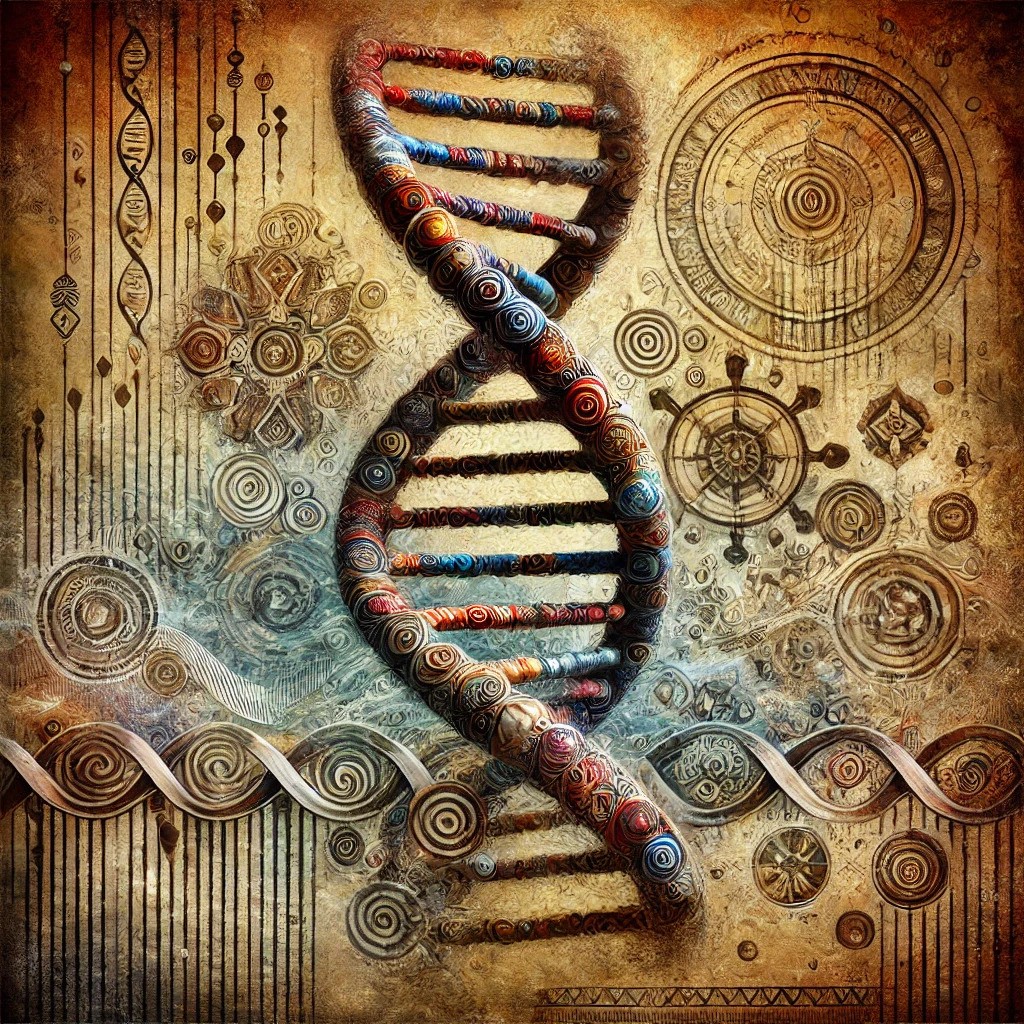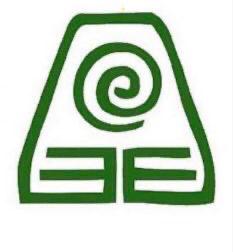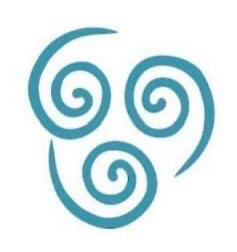What is Ayurveda?
Ayurveda is a traditional system of medicine that originated in India over 5,000 years ago (some brought evidence of 10,000+ years ago). The term “Ayurveda” is derived from the Sanskrit words “ayur” (life) and “veda” (knowledge), meaning “the science of life.” Ayurveda focuses on achieving and maintaining balance among the body, mind, and spirit through a holistic approach, which includes diet, lifestyle, herbal remedies, yoga, and meditation.
What is Ayurveda?
Ayurveda is a traditional system of medicine that originated in India over 5,000 years ago (some brought evidence of 10,000+ years ago). The term “Ayurveda” is derived from the Sanskrit words “ayur” (life) and “veda” (knowledge), meaning “the science of life.” Ayurveda focuses on achieving and maintaining balance among the body, mind, and spirit through a holistic approach, which includes diet, lifestyle, herbal remedies, yoga, and meditation.
Health Benefits of Ayurveda:
Holistic Healing:
Ayurveda addresses the root cause of diseases rather than just treating symptoms, promoting overall well-being.
Detoxification:
Panchakarma, an Ayurvedic detoxification treatment, helps eliminate toxins and rejuvenate the body.
Stress Reduction:
Ayurveda emphasizes mental well-being through practices like meditation, yoga, and herbs that calm the mind.
Improved Digestion:
Ayurvedic practices enhance digestive health and metabolism through dietary guidelines and herbal remedies.
Personalized Treatments:
Ayurveda considers individual constitution (doshas: Vata, Pitta, Kapha) to tailor treatments specific to each person’s needs.
Enhanced Immunity:
Ayurvedic herbs and lifestyle practices strengthen the immune system and promote resilience against diseases.
Skin Health:
Natural remedies and dietary recommendations in Ayurveda improve skin health and manage conditions like acne and eczema.
Usage Through History Until Now
Ancient History:
Vedic Period: Ayurveda’s principles were first documented in the Vedas, ancient Indian texts.
Classical Texts: Foundational texts like Charaka Samhita and Sushruta Samhita compiled extensive knowledge on medical practices, surgeries, and therapies.
Medieval to Modern Times:
Preservation and Transmission: Ayurvedic knowledge was preserved through oral traditions and written manuscripts during various dynasties in India.
Colonial Era: The practice faced challenges during British rule but continued to be practiced by traditional healers.
Post-Independence: Ayurveda experienced a revival, with increased recognition and integration into mainstream healthcare in India.
Present Day:
Global Recognition: Ayurveda has gained international popularity as a complementary and alternative medicine.
Modern Research: Ongoing research continues to validate the efficacy of Ayurvedic treatments and integrate them with modern medical practices.
Is Ayurveda “pseudoscience” ?
No! Ayurveda is not “pseudoscience”, contrary to what Wikipedia’s Classification says: Ayurvedic medicine is considered pseudoscientific because its premises are not based on science. Both the lack of scientific soundness in the theoretical foundations of ayurveda and the quality of research have been criticized.
Based on ancient scriptures and modern Ayurvedic doctors using the ancestral knowledge will tell you that Ayurveda is based on Ancient Science of chemistry, physics, anatomy, circadian rhythm, and more. Those are still not enough understood in most countries. However, the Indian government has a whole ministry called AYUSH : Ayurveda, Y, Unani, Siddha, Homeopathy. And the United Nations has established a Benchmark for the practice and education of Ayurveda.
AYUSH Ministry and United Nations Benchmark
The Ministry of AYUSH (Ayurveda, Yoga & Naturopathy, Unani, Siddha, and Homeopathy) in India was established in 2014 to promote and regulate traditional systems of medicine. The ministry’s objectives include:
Standardization: Developing standards for Ayurvedic education, practice, and products.
Research & Development: Supporting research to validate and innovate Ayurvedic practices.
Integration: Promoting the integration of Ayurveda with modern healthcare systems.

United Nations Benchmark
The United Nations has recognized Ayurveda’s significance by establishing benchmarks for its practice and education. These benchmarks aim to:
Global Standards:
Ensure the quality and safety of Ayurvedic treatments and practitioners worldwide.
Educational Guidelines:
Provide guidelines for standardized Ayurvedic education to maintain consistency in practice and knowledge dissemination.

Did you know… All of these originated
from the Ancient Wisdom of Ayurveda ?
Breathwork Cold plunge
Trauma release Oil pulling
Intermittent fasting Neti pot
Leaky gut & digestion Infrared sauna
Dry brushing
Turmeric, Ashwagandha, Neem, Shilajit, etc…




